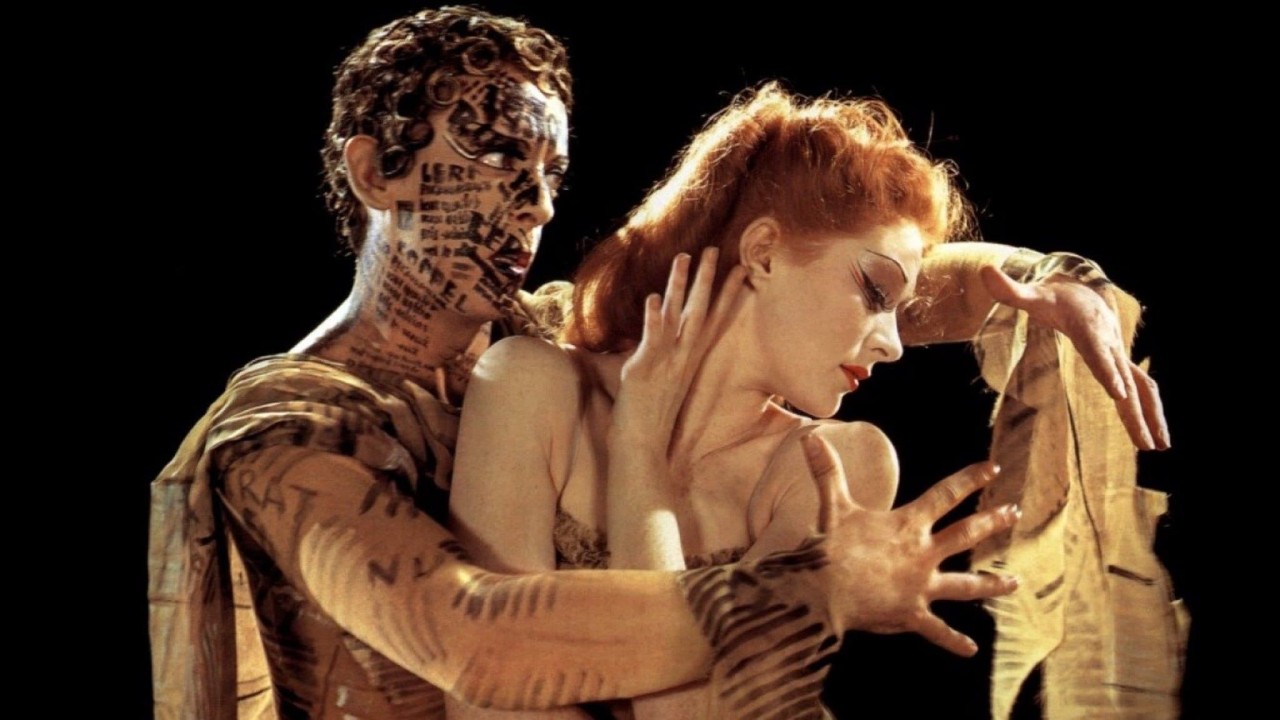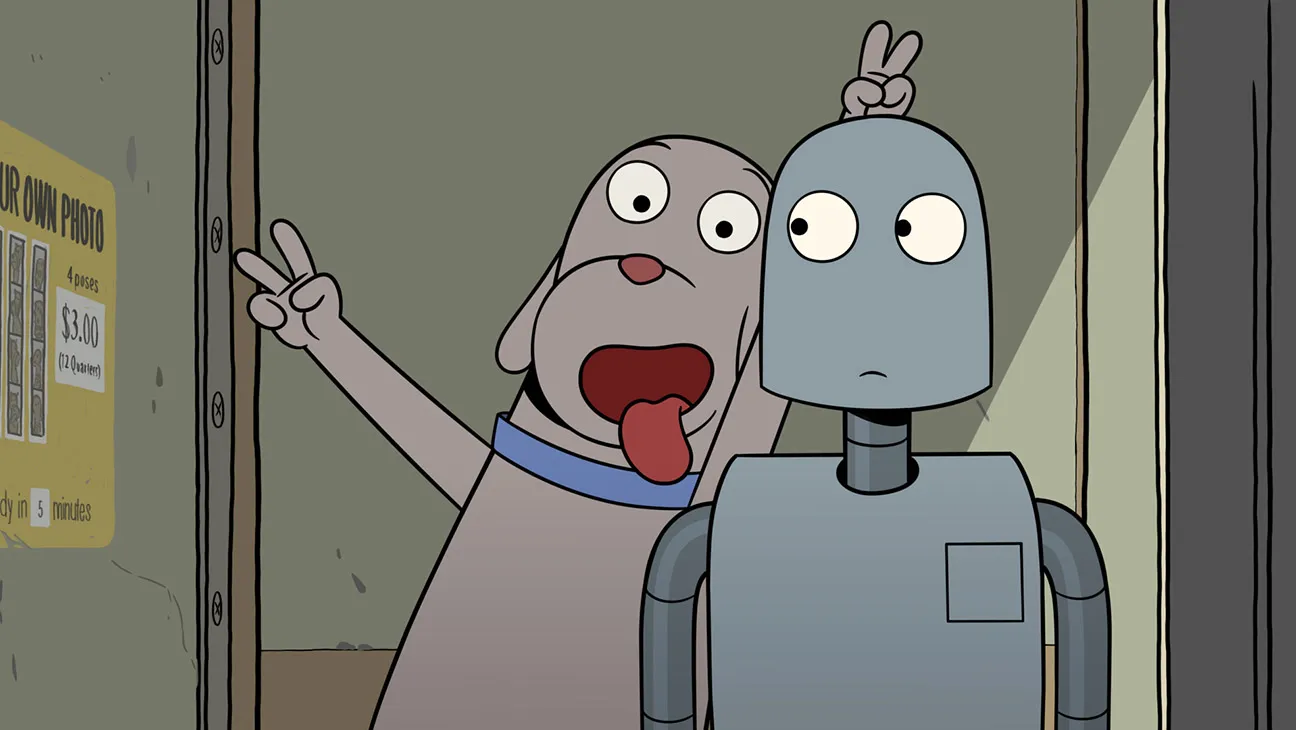by François Truffaut
I have just seen Paths of Glory, an independently produced American film that was shot in Belgium after the French authorities refused to allow it to be made in France. The filmmakers, I believe, have no intention of even submitting their work to the censorship commission.
Paths of Glory is adapted from a novel of the same title which is based on a true event — an event that, because the truth has been kept fairly quiet, mars the usual heroic history of World War I.
As the film opens, we are present at a conversation between two French generals portrayed by George Macready, with his scarred face, and the Hollywood actor of French descent, Adolphe Menjou (not his first role as turncoat, since it appears that, despite “public opinion,” * he denounced his old friend Charlie Chaplin to the House Committee on Un-American Activities). Menjou, speaking for general headquarters, asks Macready to capture a trench network considered impregnable, whatever the cost. The real purpose is to quiet down the criticisms of the press. At first Macready refuses to sacrifice his men to no purpose, but then gives in when Menjou promises him personal advancement. As a result, the general deliberately sends an entire company of brave men to their death, led gallantly by their colonel, Kirk Douglas.
The trenches are, in truth, impregnable, and the attack scene becomes a frightful, bloody slaughterhouse. This desperate advance is the best segment of the film. At the height of his madness, the general orders an artillery barrage on his own troops as they are pinned down by the enemy, the artillery officers refuse to carry out the order. When the few survivors return, the general orders three of them, chosen by lot, to be shot as examples of cowardice. The film ends with the scene of the execution; one of the three, mortally wounded in a prison fight in which he had attacked the chaplain, is tied down to a stretcher. Kirk Douglas, in a rage, decides to get the general; he muses aloud on the remark of Samuel Johnson: “Patriotism is the last refuge of scoundrels.”
This film, which was withdrawn from a Brussels movie house at the demand of Belgian veterans, will never be released in France, not as long as there are soldiers around, in any case. It’s a shame, because it is very beautiful from a number of points of view. It is admirably directed, even better than The Killing, with many very fluid long shots. The splendid camera work captures the plastic style of that epoch—we think of the war as it was pictured in the photographs of L’Illustration
The film’s weakness—what keeps it from being an irrefutable indictment—is a certain lack of psychological credibility in the “villains’ ” behavior. There were, certainly, during World War I, a number of similar “war crimes,” barrages aimed at our own troops out of error and ignorance and confusion rather than from personal ambition. Cowardice is one thing, cynicism another. This general, who is both cowardly and cynical, is not very believable. The screenplay would have been strengthened if one officer, a coward, had panicked and ordered a barrage on his own troops, and another officer had had the three survivors shot as an example.
Similarly, Robert Aldrich in Attack, irritates us with psychological error when he has the frightened captain push over with his foot the revolver that had fallen to the ground, the gun the lieutenant whom he had betrayed was going to use to kill him. It’s easier to forgive Kubrick a technical error, which is nevertheless obvious; Colonel Kirk Douglas several times salutes his superiors bareheaded!
I would have thought that Stanley Kubrick, who from the start had decided not to try to distribute his film in France, could have found better examples of military abuses in more recent wars. They abound: pillaging by French officers; the Indochina war with all the scandals we know so well; the Algerian war, with which, after Henri Alleg’s experience, the director could have posed his “question” more effectively.
In any case, despite its psychological oversimplification and its theatricality, Paths of Glory is an important film that establishes the talent and energy of a new American director, Stanley Kubrick.
—1958
* L’Opinion publique is the French title of A Woman of Paris (1923), Charlie Chaplin’s only dramatic Film, which established Adolphe Menjou as the prototypical European seducer in Hollywood films.
François Truffaut, The Films In My Life, pp.120-122




